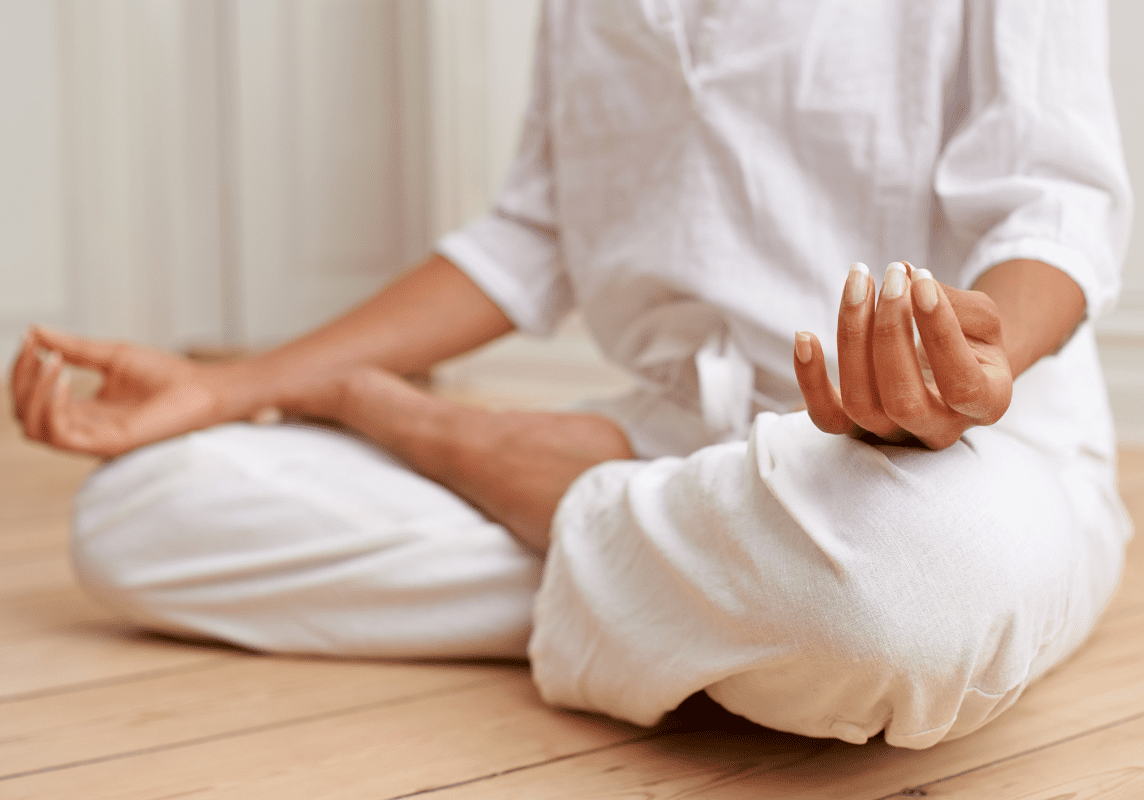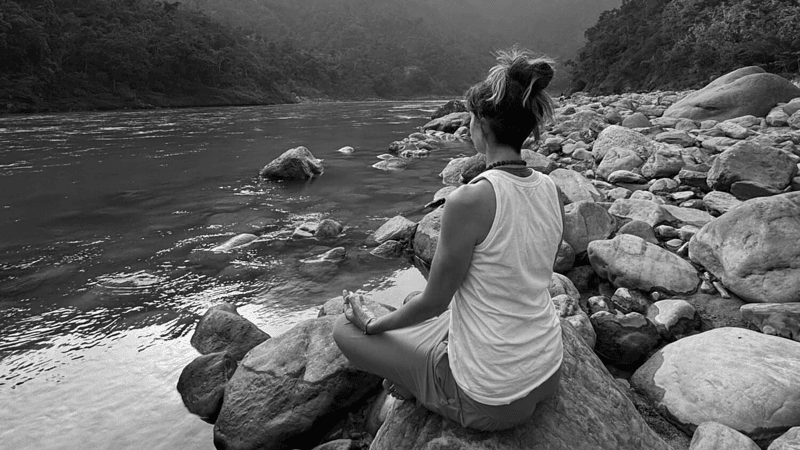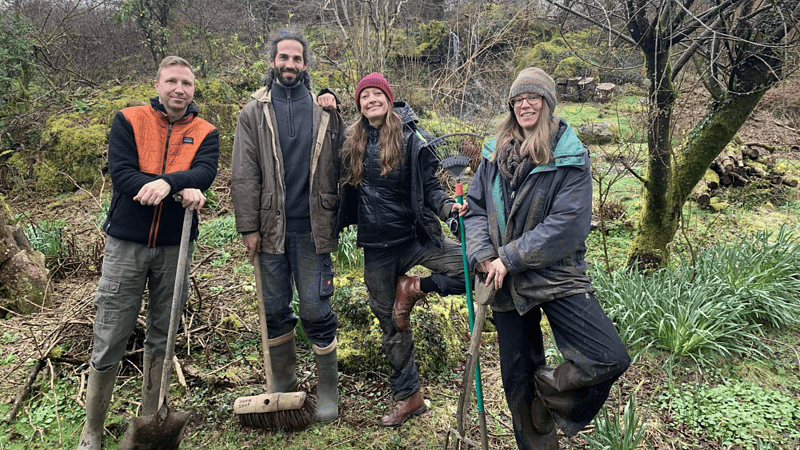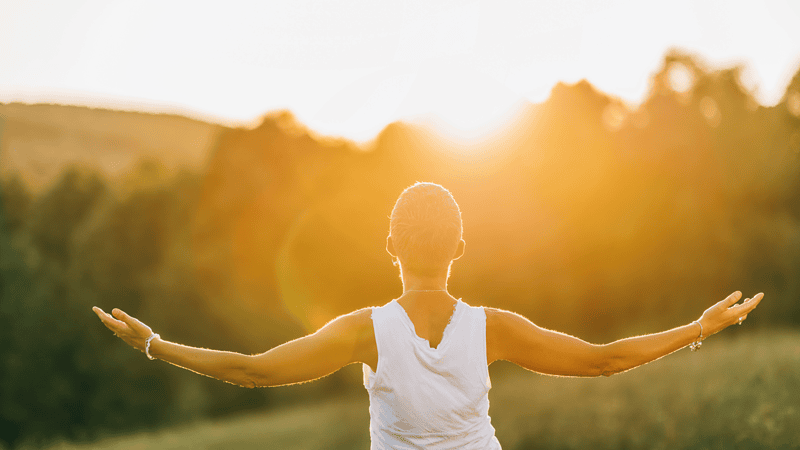
From thriving to surviving
The new normal way of life and the tools we have to cope with. By Giula Candeli
It seems a different world and a different way to live life. In fact, it is. We are living now in a different way compared to before the pandemic.
The pandemic shifted us into a new normal way of life and we have still not returned to as before, and I don't think we ever will. Firstly the pandemic but also the worsening of the climate conditions, the war in the middle of Europe, and the possible escalation to a Third World War. It has been 2 years that we are under continuous threats and this has had profound effects on us.
High levels of anxiety, stress, the fear of death, and the fear of extinction, all together on a daily basis, to which we add the normal worries of daily life.
From one point of view, this sounds scary and terrible and in fact, it is. However, at the same time I think that this new normal way of life can be a great opportunity to redirect our energies to the things we deeply love and that nourish our souls, choosing to live more mindfully, practicing presence with the people we love and we care about, removing the things and relationships that take away our vital energy, practicing gratitude, exercising and meditating daily, building resilience and of course doing more yoga.
As the Dalai Lama says, "it is under the greatest adversity, that there exists the greatest potential for doing good, both for yourself and others".
We have lots of tools that can help us face this new life and yoga is above all, one of the most important and the one that leads to amazing outcomes. As Patanjali Yoga Sutra 1.2 says, yoga is the cessation of the fluctuations of the mind. In other words, yoga is the ability to direct the mind exclusively toward an object and sustain that direction without any distractions.
I’m very devoted to this sutra, because months ago during a difficult time in my life I used to find relief from a depressed mind and various symptoms only on the mat during practice. As I rolled out the mat it was just me and my body moving through the practice and a still mind, totally the opposite experienced along the rest of the day; a chattering and restless mind leading to great tiredness and discomfort.
Throughout the practice, by linking movement with breath, we disconnect from our ruminative mind and we connect with our deep self.
In every yoga practice, we find this dualism between two opposite forces: steadiness and strength, and lightness and comfort (Patanjali YS 2.46 “sthirasukhamasanam”). Like the yin and the yang, the black and white, two faces of a coin. With our commitment to the practice, even if required efforts from the body and the breath we learn to bear difficulties: difficulty in the practice to stay and breath in challenging asanas but also in the ups and downs of life (Patanjali YS 2.48).
Through energetic postures, we cultivate sukha (happiness) and at the same time we are building resilience, we are building the ability to bend without breaking, and this is strictly connected to the ability to adapt to survive.
The benefits of a yoga practice are nowadays well known. Yoga helps reduce blood pressure, reduce anxiety and depression, improves posture, helps in regulating the nervous system, improves breathing and cardiovascular health, improves overall cell health and promotes homeostasis.
In a nutshell, yoga supports self-regulation (Eddie Stern, One Simple Thing).
In conclusion, yoga is not only physical activity but instead is a group of physical, mental and spiritual practices that aim to still the mind. And in a world where our mental stability and mental health are triggered on multiple levels, yoga is a big ally to cope with this world, by expanding our consciousness, being aware, and creating enlightenment and peace within us.
In times of difficulties and threats, the daily practice of gratitude becomes quite necessary to us as it grounds us in the present moment, that is the only moment we need to pay attention to.
Gratitude, as Davide Whyte says, is not a passive response to something we have been given. Gratitude arises from paying attention, from being awake in the presence of everything that lives within and without us. Gratitude is not necessarily something that is shown after the event, it’s the deep, prior state of attention that shows we understand and are equal to the gifted nature of life. Is the understanding that the gift of life and incarnation as a living participating human being is a privilege, that we are miraculously part of something rather than nothing. And even if that something is temporarily pain or despair, we inhabit a living world with real faces, voices, laughter, the colour blue, the green of the fields, the freshness of a cold wind or the tawny hue of a winter landscape.





